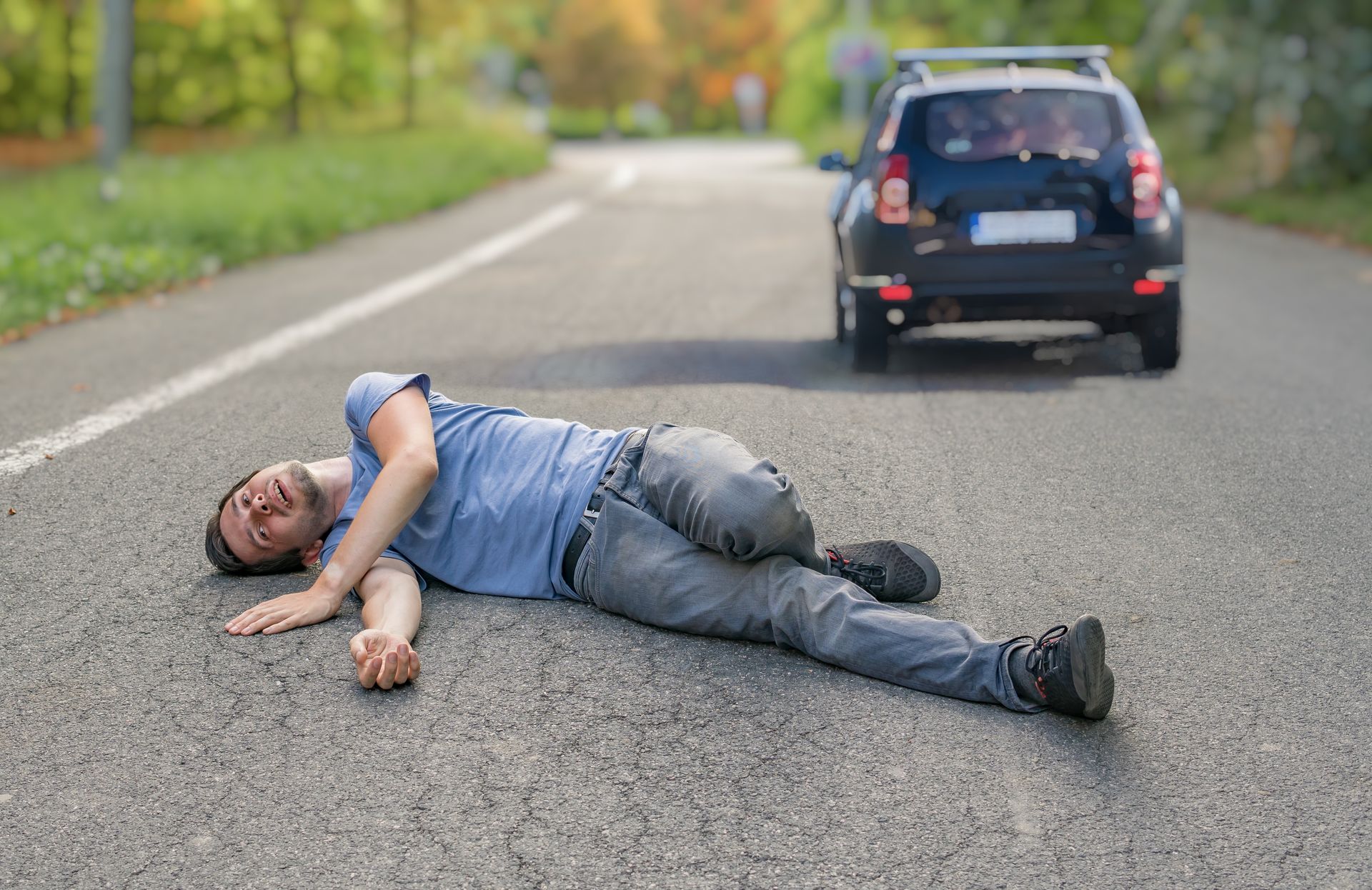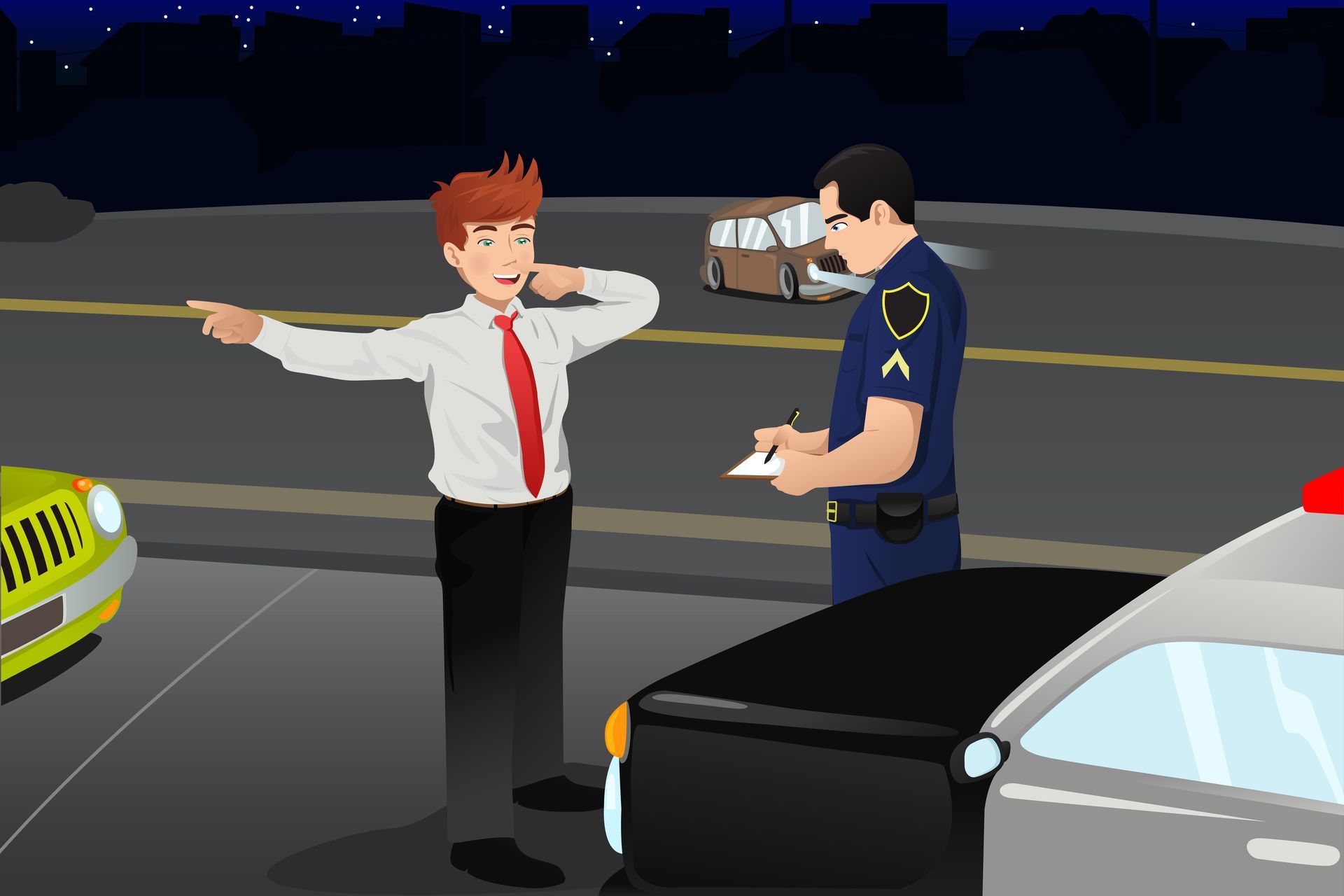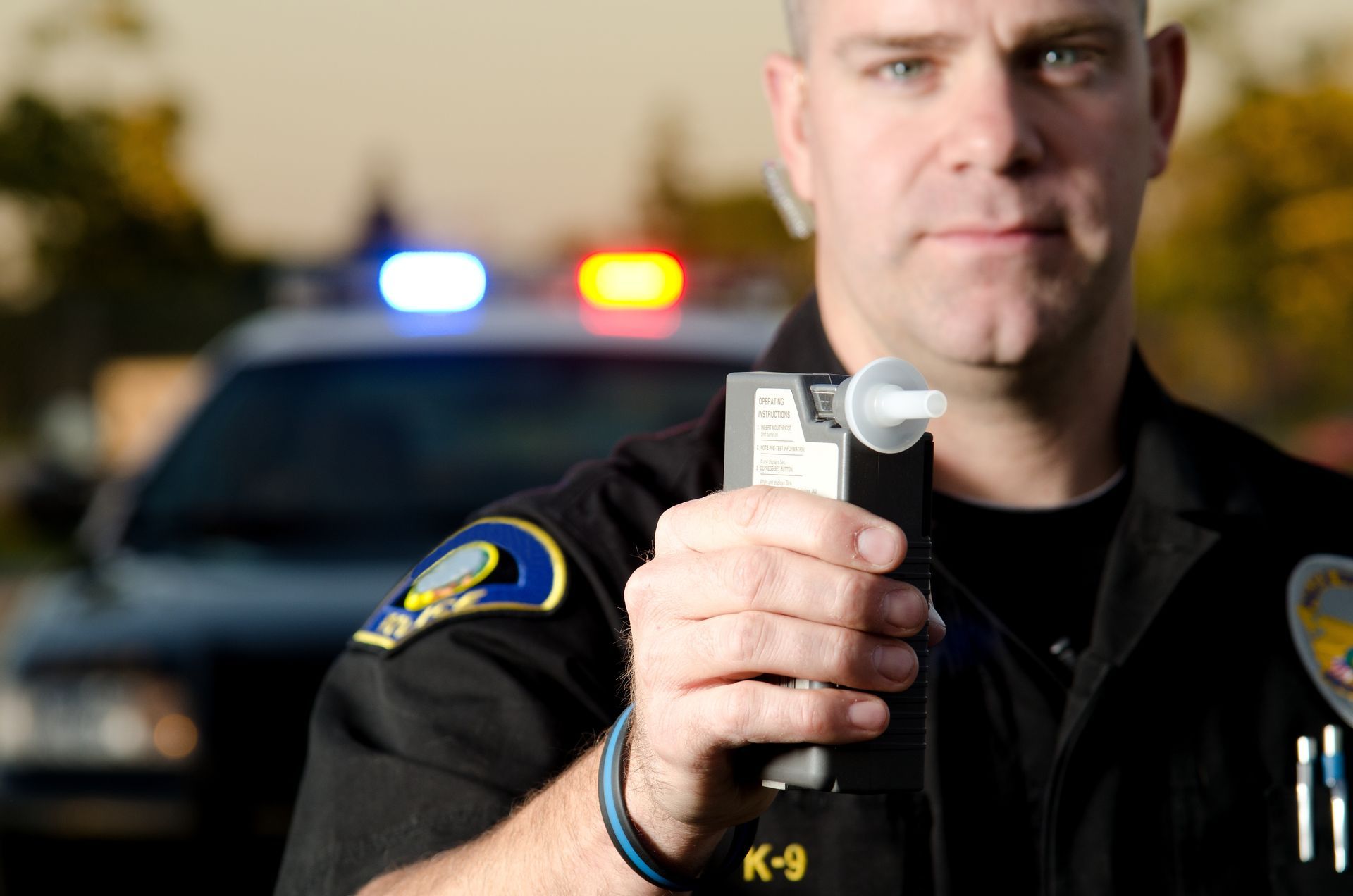What Is Vehicular Homicide in the State of Arizona?

Arizona doesn’t have a specific “vehicular-homicide” statute. What is frequently described as vehicular homicide, or fatally injuring a person with your vehicle, typically falls within A.R.S. §13-1102, A.R.S. § 13-1103 or A.R.S. § 13-1104, which are the negligent homicide, manslaughter and second-degree murder statutes.
According to the manslaughter statute (class 2 dangerous felony), a person can be charged if they engage in reckless conduct that leads to someone’s death.
Negligent homicide (class 4 dangerous felony) refers to a situation in which a person didn’t recognize the risk of their actions but still caused someone’s death.
For example, in a case where someone caused a fatal car crash because they were speeding, whether they were charged with manslaughter or negligent homicide might depend on how much they were speeding and whether the other driver shared some degree of fault for the accident.
Criminal defense attorneys often advocate for the reduction of manslaughter charges to the less serious negligent homicide charge, although this may require their client plead guilty instead of going to trial.
Second-degree murder (class 1 dangerous felony), the more serious charge, typically requires the intention to cause the death of another person, except in scenarios where the defendant showed an “extreme indifference to human life.”
A drunk driver who causes a fatal car crash did not get behind the wheel with the intention to kill anyone, but prosecutors may argue driving while intoxicated represents an extreme indifference to human life, as they recklessly engaged in conduct that directly led to the death of another person.
Whether second-degree murder is charged often depends on whether prosecutors believe they can establish the defendant displayed an extreme indifference to human life. This often happens when they can combine two or more behaviors, like drunk driving and criminal speeding or aggressive driving.
Regardless of the felony charged, vehicular manslaughter can lead to severe legal consequences, including mandatory prison time. It may be in your best interest to consult with an Arizona board-certified specialist in criminal law with extensive experience representing defendants in these situations.
Common Vehicular-Homicide Scenarios in Phoenix
Reckless Driving
In order for a person to be charged with reckless driving, prosecutors must show that the driver knew about and chose to ignore the risks of injuring people or damaging property. There are scenarios where the risks are obvious, like weaving between lanes at high speeds on the 101 during rush hour.
Flooring the gas when a light turns yellow, failing to make it to the intersection before it turns red and slamming into a vehicle with the right of way may also be qualified as reckless, but some of these scenarios can get tricky.
There are situations in which people die due to someone else’s honest mistake. These are tragedies, but the person who was at fault might not always be demonstrating a reckless indifference to human life.
DUI (Driving Under the Influence)
Being impaired by alcohol or drugs can compromise a driver’s judgment, reaction time and motor skills. Intoxication significantly increases the likelihood of accidents with fatal consequences.
However, there are many potential defenses to drunk driving and, subsequently, deaths attributed to DUI accidents.
Drunk driving is a scenario in which a person who caused a fatal car crash may be more likely to be charged with the more serious second-degree murder instead of manslaughter.
Penalties for Vehicular -Homicide
The penalties for vehicular-homicide vary significantly depending on whether the defendant is being charged with a class 1, class 2 or class 4 dangerous felony.
Class 1 felony second-degree murder prison terms can range from 10 years to 25 years with a presumptive term of 16 years. Class 2 felonies range from three years to 10 years, and class 4 felonies range from one year to 3.75 years.
Vehicular homicide cases often involve “aggravating factors” that might increase the sentence, like being intoxicated at the time of a fatal car crash.
Past convictions might also influence the sentencing outcomes.
Possible Defenses for Vehicular-Homicide
Having an experienced and dedicated criminal defense attorney can be especially important in vehicular homicide cases. In many of these cases, the people facing vehicular homicide prosecution are not career criminals. It’s not uncommon for upstanding citizens who have never run afoul of the legal system to make a split-second error behind the wheel that leads to someone else’s death.
A person’s history, the cause of the accident and aggravating factors may all play a role in a defense and the disposition of plea agreements. Some of the common defenses specific to vehicular-homicide cases include:
- Lack of Recklessness: It may be possible to argue that your actions were not reckless and that the accident was a tragic result of unforeseeable circumstances.
- Lack of Causation: To secure a conviction, the state must prove a direct link between your actions and the fatality. If it can't establish this causal relationship, the charges may be dismissed or reduced.
- Illegal Search and Seizure: If evidence was obtained illegally or without a proper warrant, it may be inadmissible in court. This can be particularly effective in DUI cases where law enforcement didn’t follow proper procedures, relied on questionable field sobriety tests or the prosecution failed to establish proper chain of evidence.
- Improper Police Procedures: If law enforcement made errors during the investigation or arrest, it could be grounds for an effective defense strategy.
Seek the Help of a Phoenix Vehicular-Homicide Attorney
In cases of vehicular homicide, it is crucial to have skilled legal representation on your side. Arizona board-certified criminal attorney Michael Alarid III is ready to advocate on your behalf and build a robust defense strategy to protect your rights during this challenging time.
Get started by calling our Phoenix office at (602) 818-3110.



